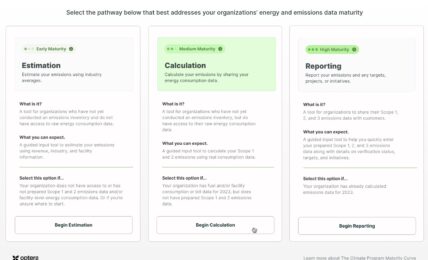The European Insurance and Occupational Pensions Authority (EIOPA), the EU’s insurance and pension-focused financial regulator, announced the release of a new report, recommending to the European Commission to implement additional capital requirements for fossil fuel assets on European insurers’ balance sheets, to address the asset’s high exposure to transition risks.
The release of the new report follows a mandate given to EIOPA by the Commission directing the authority to assess “whether a dedicated prudential treatment of exposures related to assets or activities associated substantially with environmental or social objectives would be justified.”
EIOPA said that the report covered three distinct areas of risk including the market risk of assets exposed to the climate transition, the impact of climate risk-related prevention measures on non-life underwriting risks and the treatment of social risks.
In its findings on climate transition-related market risks, the report found that fossil fuel-related stocks and bonds have greater exposure to transition risks than other assets, and that additional capital charges be put in place to ensure that insurers set aside sufficient capital to withstand potential losses from investments in assets with high transition risks.
Specifically, EIOPA recommends raising capital requirements by up to 17% for fossil fuel-related stocks and a capital charge of up to 40% for bonds.
In its assessment of the impact of climate risk-related prevention measures on non-life underwriting, the report found that measures such as installation of anti-flood doors or fire-proof vegetation around properties may lower underwriting risks, but could require higher quality data to draw more robust conclusions, while for social risks, EIOPA said that while it “is convinced that all aspects of sustainability risks, including social risks, deserve equal attention,” it does not currently recommend specific prudential treatment of these risks, due to a lack of data.
In the report, EIOPA said:
“Insurers with their long-term business model are increasingly recognizing sustainability risks. Climate change introduces transition risks related to the decarbonization of the real economy that may raise investment losses due to stranded assets, particularly in relation to economic activities unable to adapt their business models accordingly.”
EIOPA said that it has submitted the report to the European Commission, which will now consider its recommendations to implement additional capital requirements for fossil fuel assets.
Click here to access the report.

